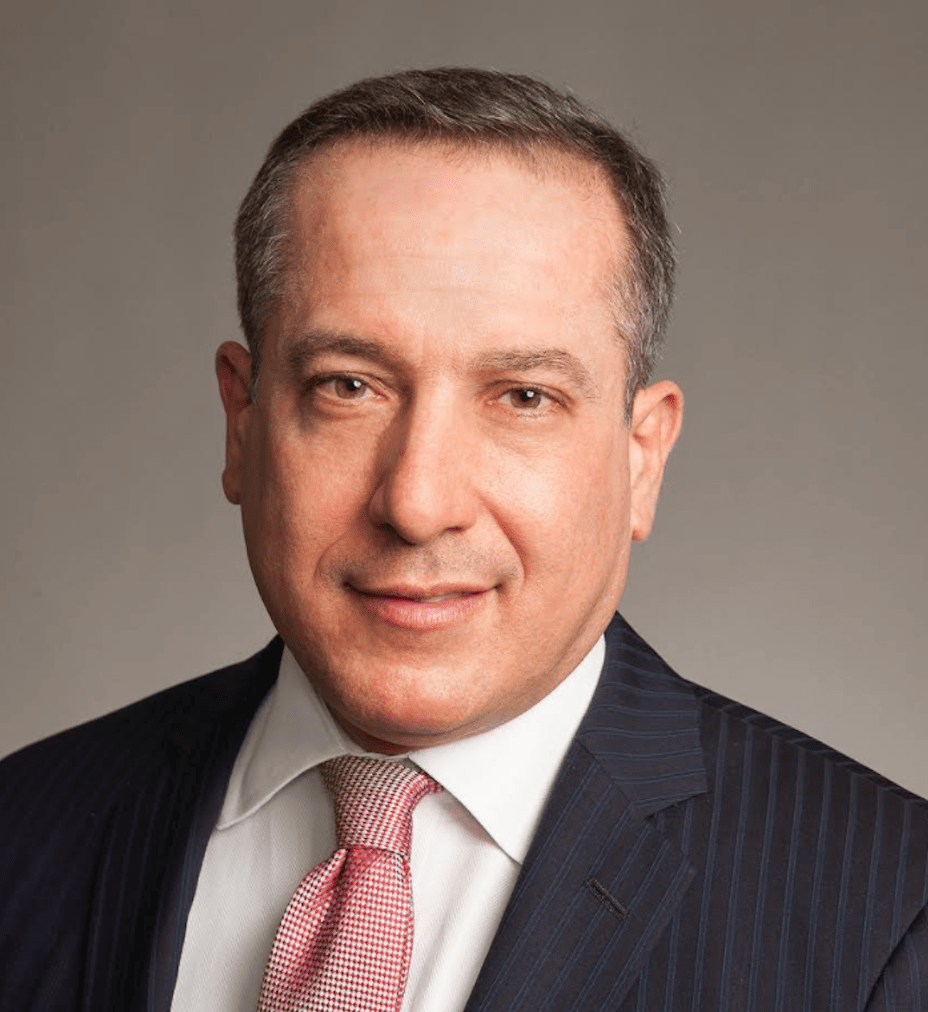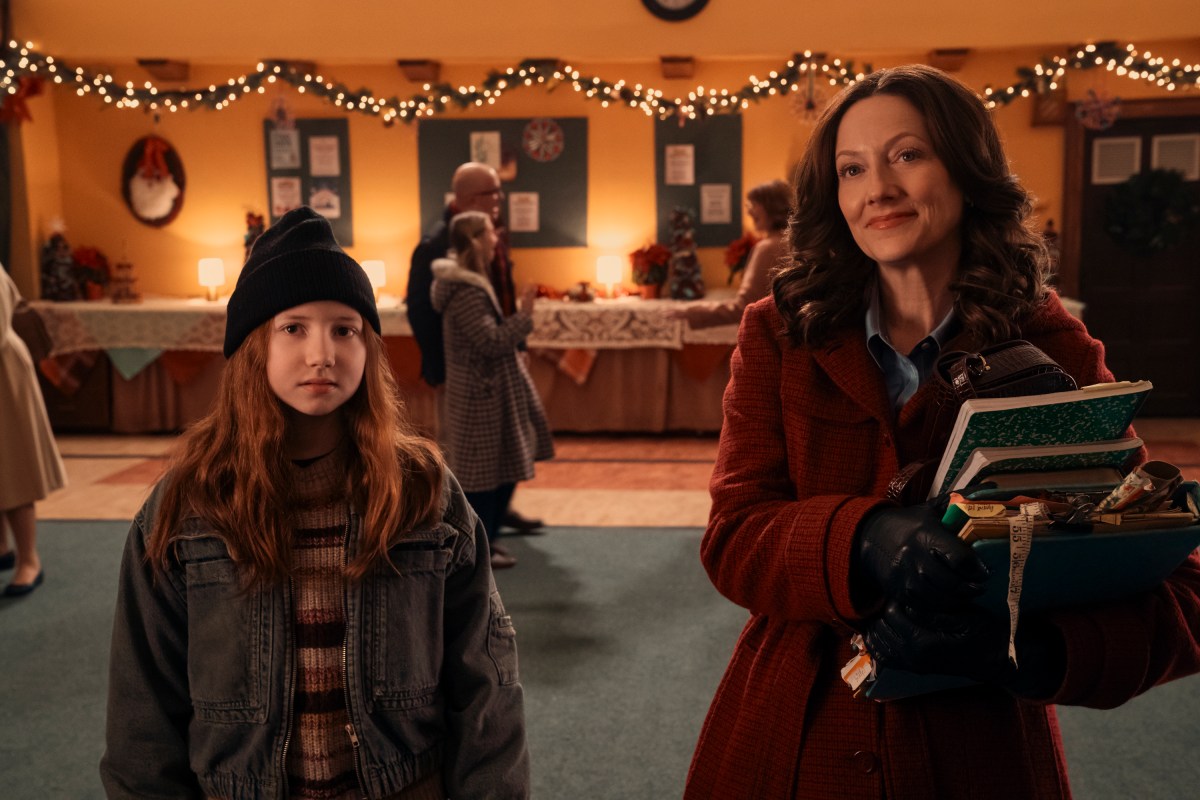BY DEAN MOSES
Schneps Media is sitting down with judges across the city’s court systems to discuss their roles and how they’ve changed in the age of COVID-19. This week’s interview is with the Hon. Anthony Cannataro, Citywide Administrative Judge of the Civil Court of the City of New York and Justice of the New York State Supreme Court.
Schneps Media: Could you describe your duties as an Administrative Judge?
Hon. Anthony Cannataro: I am the Citywide Administrative Judge for the Civil Court of the City of New York (one of the three citywide courts along with Family Court and Criminal Court). The Civil Court operates in all five borough and is best known for our housing part (the court that landlords go to when they seek to evict their tenants and to litigate other housing matters). That is an extremely high-volume court, approximately 225,000 new cases are filed every year. The other well-known operation of the Civil Court is the Small Claims Court.
My job is to oversee the day-to-day operations. I deal with budgets, with problems like disciplinary issues, and attendance issues as they come up. I also deal with what we call access to justice, which is the court’s effort to make these high-volume cases fairer for people. Many of the litigants who come here do not have attorneys representing them. So, we must go out of our way to make sure that the process is as fair as it can be even for people who don’t have attorneys.
SM: Have housing cases increased because of the pandemic?
AC: Not necessarily. I would almost say that the issue of representation has gotten a little better because of the pandemic, which is not to say that everything is great. Since the pandemic began there has been a more concerted movement, both within the court and outside the court to try to get counsel assigned for people who are facing eviction and who don’t have lawyers.
SM: How has the position changed during the pandemic?
AC: I find myself communicating a lot more with interest groups that represent various litigants. For example, in the housing sphere, there are many groups out there who are concerned about evictions happening during a pandemic and all the problems that come along with litigating those kinds of cases and possibly evicting people as a result of those cases. I’m now speaking a lot publicly and in smaller groups with the various interest groups about how the court can do its business and still be mindful of the public health and safety needs of the litigants who come before us.
There are many interests to balance. It’s extremely difficult. Using housing as the prime example: On the one hand you have tenants who probably lost their jobs, they legitimately cannot afford to pay their rent. But you have landlords, many of whom are small landlords who just own two or three apartments, maybe in just one building and they have to pay taxes and they have to pay mortgages. There are a lot of different perspectives.
SM: Has there been a silver lining during the pandemic?
AC: The pandemic has really driven us into using technology to help us do what we do. Whereas before the pandemic you would hardly ever see virtual appearance or conferencing with the court or among the parties. We have moved forward aggressively into using teleconferencing platforms to do our work. There is a lot being done with remote appearance.
SM: Are there any misconceptions people have about judges you would like to clear up?
AC: The biggest misconception about judges is that we are not sensitive to the needs of the litigants that appear in front of us, and I say this as someone who oversees a court where there are so many unrepresented people from such diverse backgrounds. I think there is a feeling that judges don’t understand what regular people are going through. People tend to forget sometimes that judges are regular people. We come in all different types, sizes, and backgrounds.
SM: Are there some hobbies you enjoy partaking in during your free time?
AC: I grew up as a child of Italian immigrants. I spent many of my summers in Italy and as I became older, I started seeing the world. I just love to travel. That’s the bug I have.
I love visiting off the beaten path locations and cultures that I’ve never seen before. Last summer, I went to the Azores, which are small islands in the middle of the Atlantic Ocean that are a part of Portugal.
SM: You began as a law clerk, what was that like?
AC: That was my introduction to the courts. I got a job clerking in the courts for a very prestigious judge in the highest court in New York. That sent me on a course for the rest of my life. That is where I decided that I wanted to become a judge. It took me about 10 years to get it done, but I’m so glad that I did it.
SM: Do you have advice for those starting a career in law?
AC: My advice is that you must be open to see where your career takes you. I would have never expected to have a judiciary career, but now that I have one, I couldn’t imagine anything better than this.





































